April 29, 2024 | 15:47 GMT +7
April 29, 2024 | 15:47 GMT +7
Hotline: 0913.378.918
April 29, 2024 | 15:47 GMT +7
Hotline: 0913.378.918

China’s usual barley supplier Australia has been sidelined due to a bilateral trade dispute. This leaves Argentina as a key supplier, along with France and Canada, to the world’s top commodities importer.
Wheat and barley compete for sowing area on Argentina’s Pampas grains belt. Both are planted around midyear.
“Barley will be an alternative for those who want to reduce regulatory risks for the season that is starting, although this option is only available for some farm areas,” said Ezequiel De Freijo, head economist at the Argentine Rural society, which represents some of the country’s biggest farmers.
Growers were shaken early this year when the government briefly capped corn exports in a bid to hold down inflation. The agriculture ministry then ditched a plan to raise wheat export taxes after furious pushback from growers.
“They showed flexibility when they faced unexpected resistance,” said Jorge Chemes, head of the Argentine Rural Confederations, a farm lobbying group.
“We are not on a war footing, but we must be vigilant.”
With the government desperate to raise money and hold food prices down, growers fret that the country’s Peronist leader, Alberto Fernandez, may yet intervene in the wheat market.
“It is a certain fact that the next wheat season will face more regulatory uncertainty,” De Freijo said.
The last time Argentina capped wheat exports was in 2008-2015 under former Peronist President Cristina Fernandez, who is now vice president. Wheat planting shriveled during that period from 5.5 million hectares to 3 million to 4 million hectares.
Barley is an attractive alternative this season as China, bereft of its usual supply from nearby Australia, buys huge volumes of grain to rebuild its pig herd after it was walloped by an African Swine Fever epidemic.
“Most of us are going to lean more towards barley this year than last,” said Roberto Cameron, a farmer near the town of Loberia in Buenos Aires province. “Most Argentine barley exports are heading to China, at least for the foreseeable future.”
Argentine farmers last season harvested 17 million tonnes of wheat from 6.5 million planted hectares (16 million acres), according to the Buenos Aires Grains Exchange. They brought in 4.1 million tonnes of barley from 900,000 hectares (2.2 million acres) last season, according to exchange data. Forecasts for 2021/22 sowing have not yet been made.
But record barley exports to China appear to be pushing growers toward that crop.
Agustin Bilbao, a consultant to growers on 30,000 hectares (74,130 acres) of prime barley-growing land near the Buenos Aires port city of Necochea, said land in the area last year had been 45% wheat and barley, with that area a 40-60 split between the two crops.
“This season we expect the farmers who consult with us to continue to plant 45% with wheat and barley. But we forecast 75% of that area will be barley and only 25% wheat,” Bilbao said.
(Reuters)

(VAN) Early tests of pasteurized milk–purchased at grocery stores in areas with cows that have tested positive for H5N1–suggest that it is not infectious and wouldn’t be able to make people sick, FDA said.
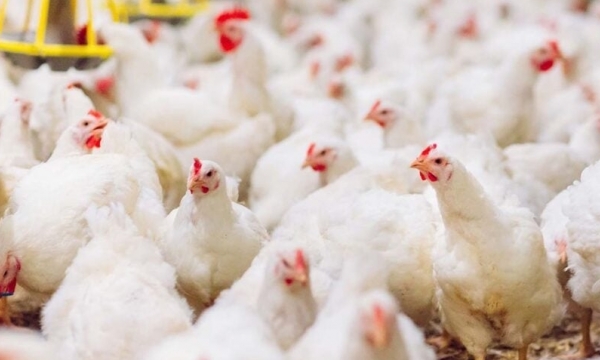
(VAN) 'The new rules prohibiting free range make organic production impossible,' the Union said.
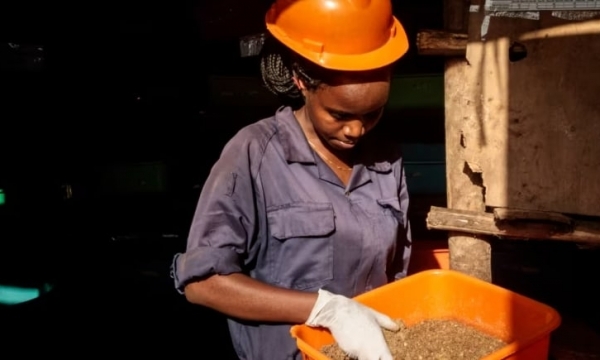
(VAN) Like a lot of other input costs, inflation proves to be another factor affecting how much farmers pay for fertilizer.
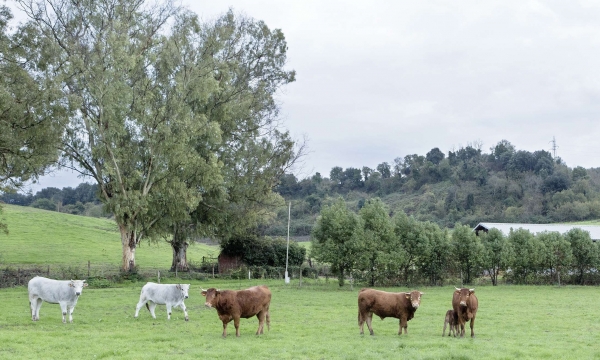
(VAN) RENOFARM, or Reduce the Need for Antimicrobials on Farms for Sustainable Agrifood Systems Transformation already piloted in Indonesia, Uganda and Nigeria
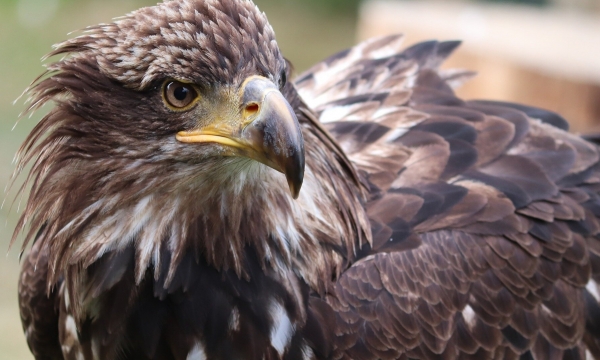
(VAN) Since 2022, a highly contagious strain of bird flu has spread across the U.S. at an unprecedented rate, resulting in the deaths of more than 90 million birds, plus thousands more in the wild.
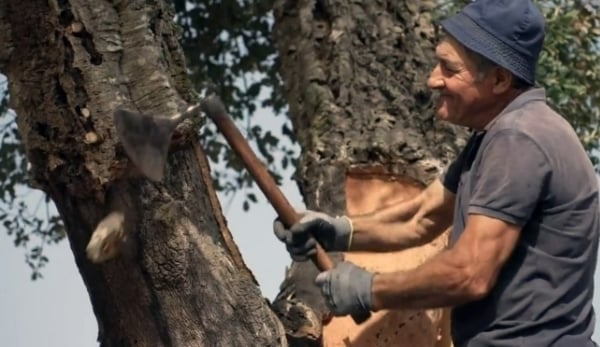
(VAN) 'It’s a product that answers all the challenges we have as a society.'
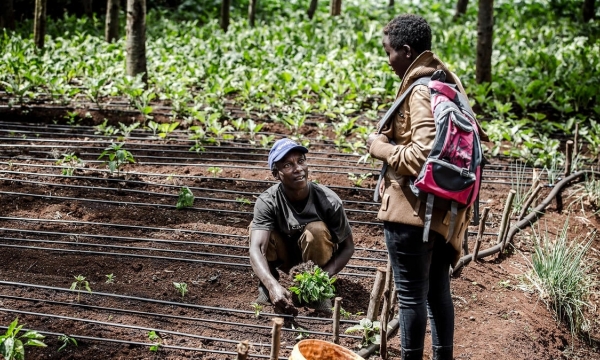
(VAN) FAO workshop highlights success stories, including from Benin, that provide models for replication.